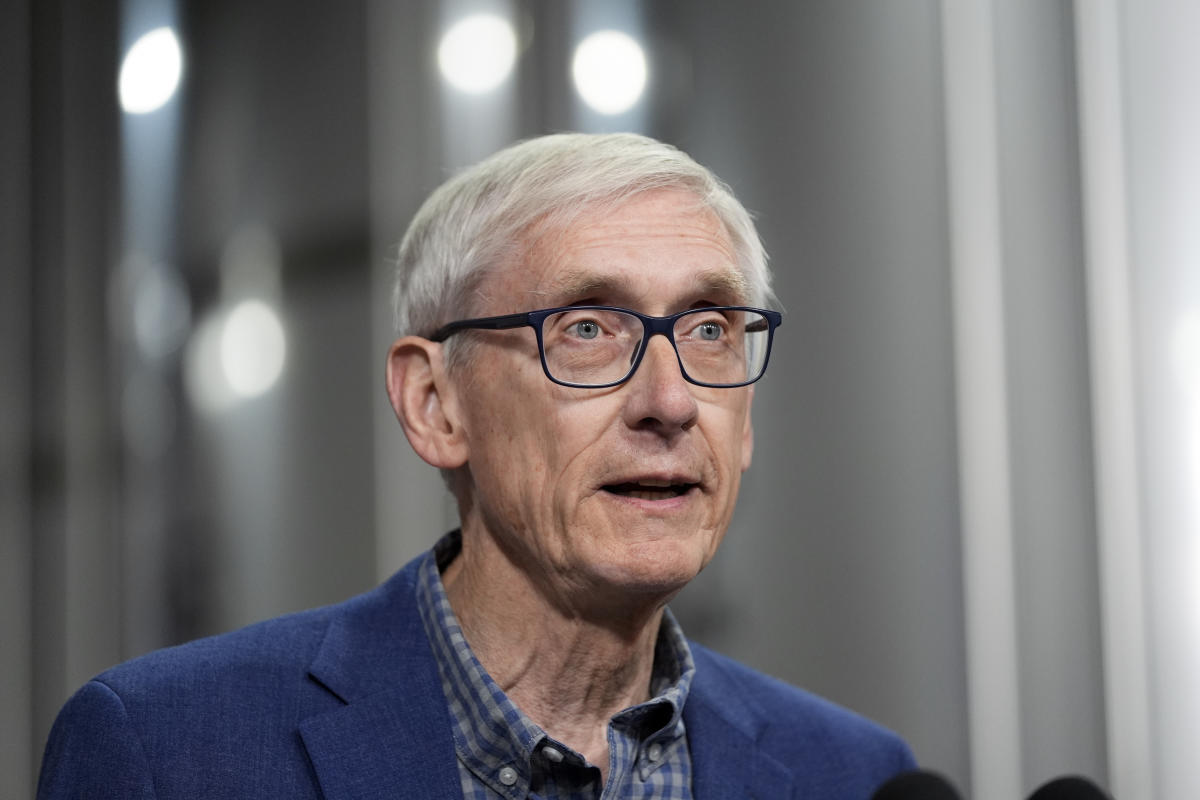The federal judge overseeing Donald Trump’s criminal case for keeping classified documents suggested she would deny his attempt to exclude documents the FBI seized from the Mar-a-Lago club, saying during a hearing Tuesday that the search warrant was properly granted.
The former president’s lawyers had argued that the order was unconstitutionally vague and that the FBI affidavit used to convince the judge that there was probable cause for a crime at the club contained contextual omissions.
Related: Trump ridiculed claims he was “tortured” during police arrest in Georgia
But U.S. District Judge Aileen Cannon suggested that she believed the order was sufficiently specific about what items FBI agents could seize at Mar-a-Lago, telling Trump’s lawyers that the omissions would not have made a difference to whether there was probable cause.
Trump’s attempt to suppress Mar-a-Lago’s evidence came about through a request for a Franks hearing, in which a judge applies a four-part test to decide whether false or misleading statements in the affidavit meant that the evidence obtained through that search was necessary to be suppressed.
Even before Cannon, who has shown a tendency to rule in his favor on evidentiary motions, Trump’s request was ambitious because the legal threshold for getting a Franks hearing is onerous. Trump had to provide “substantial prima facie evidence” that the affidavit contained parts that were recklessly false.
The evidence Trump’s lawyers presented was limited to complaints that the FBI agent omitted the fact that some top FBI officials favored a consensual search of Mar-a-Lago, tying the FBI to the need for a warrant to the National Archives, and Trump didn’t need it. a security clearance as president.
Cannon suggested that she felt these omissions were unhelpful. “Why would it have changed the magistrate judge’s determination of probable cause” if the omissions had actually been included, Cannon asked Emil Bove, who argued on Trump’s behalf.
Trump’s lawyers also complained that the warrant itself was too broad, arguing, for example, that the warrant allowed FBI agents to seize all documents covered by the Espionage Act and the Presidential Records Act, without using the technical terms in the statute to define.
That meant the agents made unilateral decisions about whether to seize a particular document, Trump’s lawyers said, suggesting the order should have outlined what “national defense information” meant under the Espionage Act.
But Cannon also seemed unconvinced by that argument. ‘It seems like you’re making policy arguments. It seems far removed from the question of whether the affidavit met the probable cause standard. It’s not clear to me what you think the order should have said,” Cannon told Bove.
The hearing came after a morning session in which Trump’s lawyers asked the judge, behind closed doors, to deny prosecutors access to transcripts of voice memos made by Trump’s ex-lawyer Evan Corcoran, which are key evidence of obstruction the legal proceedings in the documents. case.
The Guardian first reported last week that Trump’s lawyers would ask the judge to exclude the memos, arguing they should not have been given to prosecutors because of the crime fraud exception, which allows prosecutors to view privileged communications see when legal advice is used in furtherance of a crime.
The sweeping request could have far-reaching consequences, as the memos — in which Trump asks, for example, whether they can ignore the subpoena, or a later suggestion to “snatch” some classified documents instead of returning them to the FBI — be strongest. evidence of Trump’s obstructionist intentions.
Even if the judge excludes only a few passages, this could dramatically undermine the strength of the obstruction case.
In the worst-case scenario for prosecutors, their evidence of Trump’s obstructionist intentions could be limited to CCTV footage of boxes being moved at Mar-a-Lago by his co-defendants Walt Nauta and Carlos De Oliveira, logs of Trump’s phone calls with Nauta, and testimony about Nauta’s movements.
The obstruction charge focuses on Trump’s incomplete compliance with a May 11, 2022, grand jury subpoena demanding the return of all classified documents in his possession, months before the FBI seized 101 classified documents from the search at Mar-a-Lago.
Corcoran’s memos – the contents of which were first reported by the Guardian last year – have played a major role in bolstering accusations that Trump conspired with Nauta and De Oliveira to play a “shell game” by boxing with secret documents to hide so that Corcoran cannot guarantee their return.
The indictment quoted the memos as saying that Trump responded, “Well, what if we, what happens if we don’t respond at all or don’t play along with them?” and “Wouldn’t it be better if we just told them we have nothing here?” and “Well look, isn’t it better if there are no documents?”
After Corcoran found 38 classified documents in the storage room, his memos say Trump asked him, “Did you find anything?” …… Is it bad? Good?”, and made a sort of strumming motion, suggesting “if there’s something really bad in there, pluck it out.”
Trump’s lawyers were expected to argue that the chief judge in Washington was overbroad in turning over more than 60 pages of memos, and that the instances in which Trump asked whether he should comply with the subpoena are questions that any defendant requires to understand the entire content. scope of their obligations.
Trump’s lawyers were also expected to argue that none of the comments — about Trump asking whether they should comply with the subpoena or the plucking motion — met the crime fraud exception because they did not amount to Trump’s legal used advice for a crime. .







